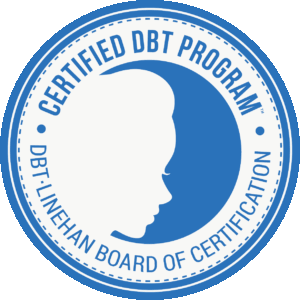Therapy Techniques to Improve Emotional Well-Being
In today’s fast-paced world, maintaining emotional well-being is crucial for overall health and happiness. Therapy techniques offer powerful tools to manage stress, anxiety, and emotional challenges effectively. Whether you’re dealing with daily pressures or deeper psychological issues, understanding and applying various therapeutic methods can lead to significant improvements in your mental and emotional health. This […]
Therapy Techniques to Improve Emotional Well-Being Read More »




